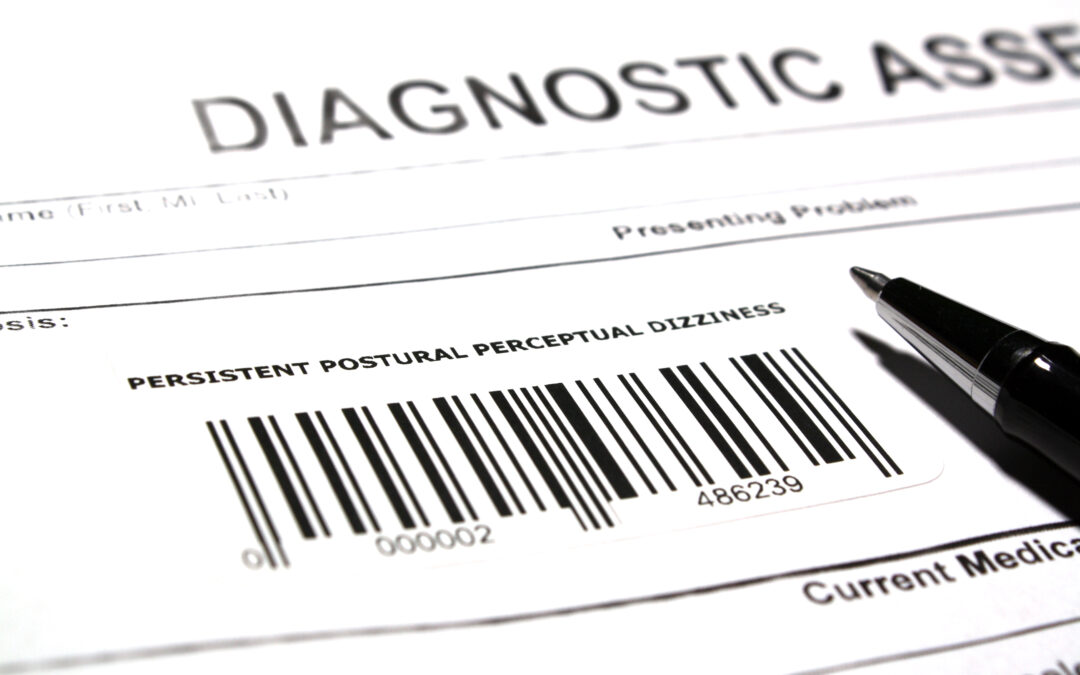Living with persistent dizziness due to Persistent Postural Perceptual Dizziness (PPPD or 3PD) can be incredibly challenging. We know this having seen patients over the years dealing with this condition.
What is PPPD?
PPPD is a mouthful, but essentially, it’s a chronic condition where your brain doesn’t trust the signals it’s getting from your inner ear. This leads to feelings of dizziness, unsteadiness, and/or non-spinning vertigo that just won’t quit.
Background
Now, while PPPD might sound new, it’s been around for quite some time, just under different names like Chronic Subjective Dizziness or Visual Vertigo. It wasn’t until recently, in 2017, that the medical community officially pinned down the criteria for diagnosing PPPD.
What are the Symptoms?
Symptoms can vary from person to person, but generally, you’ll feel dizzy or off balance most of the time, especially when you’re out and about in busy places like the grocery store or riding in a car.
Stats
This condition isn’t as rare as you might think. It affects around 15-20% of people who go to a specialty clinic due to their dizziness. Sadly, about 25% of those who already have some other kind of vestibular issue end up with PPPD as well. And it seems to prefer women and those in their mid-40s, though it doesn’t discriminate by age or gender.
What Causes PPPD?
The medical community is not entirely sure what causes PPPD, but it often follows something else messing with your vestibular system, like a concussion, migraines, an inner ear infection, or anxiety.
Treatment for PPPD
Treatment isn’t one-size-fits-all. It takes a team effort like working with a vestibular physical therapist to provide strategies to make your vestibular system less sensitive. It may also include medications and techniques to manage stress and sleep better. The key is getting help and setting realistic goals, knowing that progress might be slow.
Expectations
Unfortunately, living with PPPD isn’t a quick fix. It can stick around for months or even years, making everyday tasks harder. But with the right support and treatment, things can get better, even if it takes time.
How to Diagnose PPPD
Diagnosing PPPD isn’t as simple as a blood test or scan. It relies on your health care provider listening to your story, seeing if your symptoms fit the criteria, and ruling out other possible causes of your symptoms.
In Conclusion
Dealing with PPPD isn’t easy, but by understanding it better, we can work together to manage its challenges and improve your quality of life. Remember, you’re not alone in this journey.
If you or someone you know is dealing with persistent dizziness our team of vestibular physical therapists can work with you and your other care providers to determine the cause of your symptoms and how to best address them.
Feel free to call North 49 today at 306.343.7776 or book a Vestibular Assessment Online at your own convenience through our website.
We look forward to the opportunity to get you Moving Better & Living Better.

